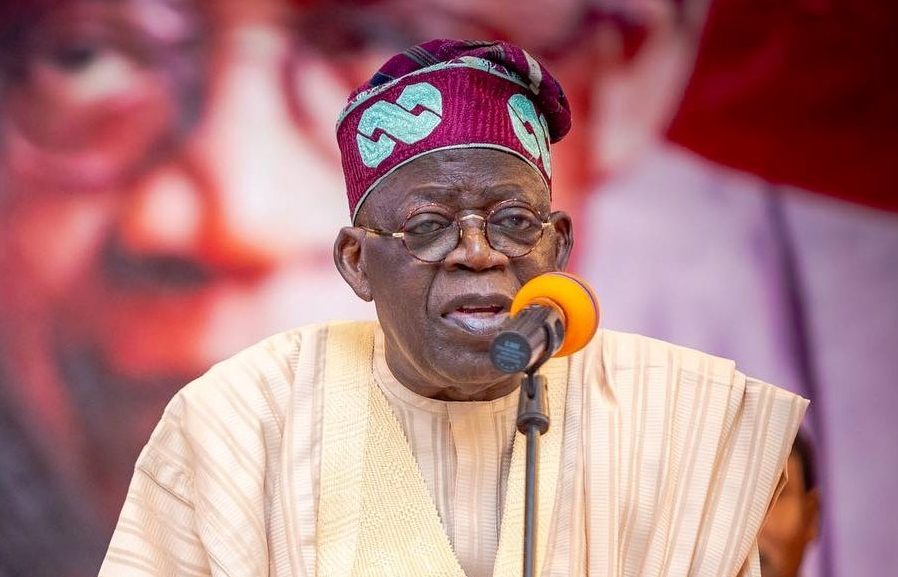The Socio-Economic Rights and Accountability Project (SERAP) has urged President Bola Tinubu to direct the Minister of Finance and Coordinating Minister of the Economy, Olawale Edun, and the Accountant-General of the Federation, Oluwatoyin Sakirat Madein, to disclose the names of companies and contractors who received over ₦167 billion from 31 ministries, departments, and agencies (MDAs) without executing any projects.
In a letter dated November 30, 2024, signed by SERAP Deputy Director Kolawole Oluwadare, the organization called for transparency regarding the contractors, the projects they were assigned, their locations, and the amounts disbursed. SERAP also demanded the identities of shareholders or individuals with ownership stakes in the implicated companies.
Citing the 2021 audited report from the Office of the Auditor-General of the Federation, SERAP called for the prosecution of those responsible for misusing the funds and the recovery of the ₦167 billion to be reinvested in public projects.

The Nigerian Bulk Electricity Trading Plc. (NBET) was identified as a major contributor to the scandal, reportedly paying ₦100 billion for unexecuted contracts.
SERAP’s letter emphasized the need for publishing the names of the involved parties to prevent future misconduct and promote transparency in public fund management. The organization also accused intermediaries within MDAs of enabling these corrupt practices, which have eroded public trust and hindered socio-economic development.
The group warned that if the government does not act within seven days, it would pursue legal actions to enforce accountability.
SERAP also highlighted the wider consequences of corruption, such as increased inequality, poverty, and insufficient access to essential public services. They argued that unchecked corruption would continue to impede Nigeria’s progress and exacerbate the gap between the elites and the broader population.
Furthermore, SERAP reminded the government of its constitutional duties, anti-corruption laws, and international commitments under the UN Convention against Corruption.
The organization called for a transparent framework to ensure the effective use of public resources, urging the Tinubu administration to prioritize accountability and restore public confidence in governance.


